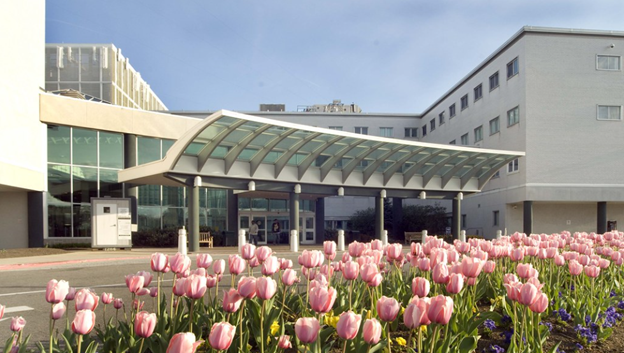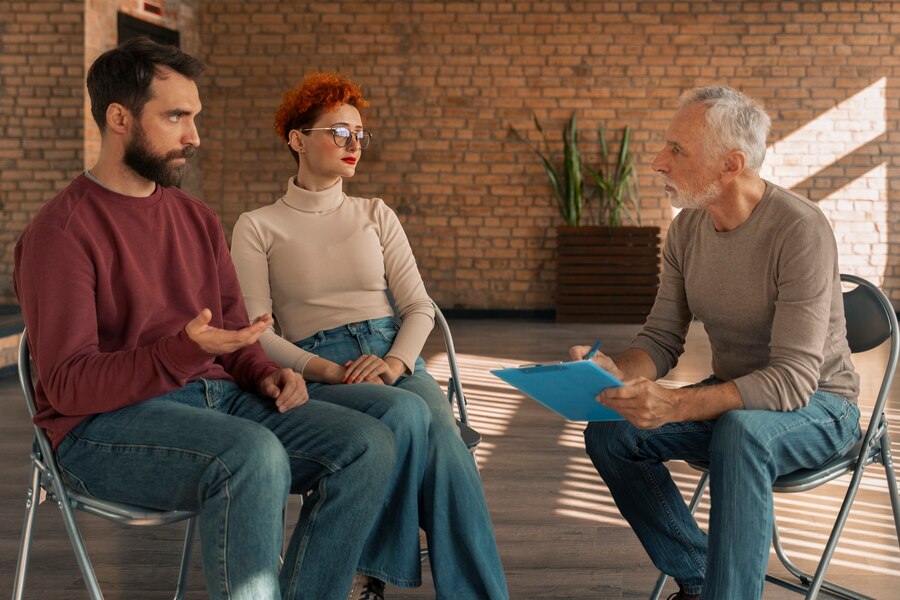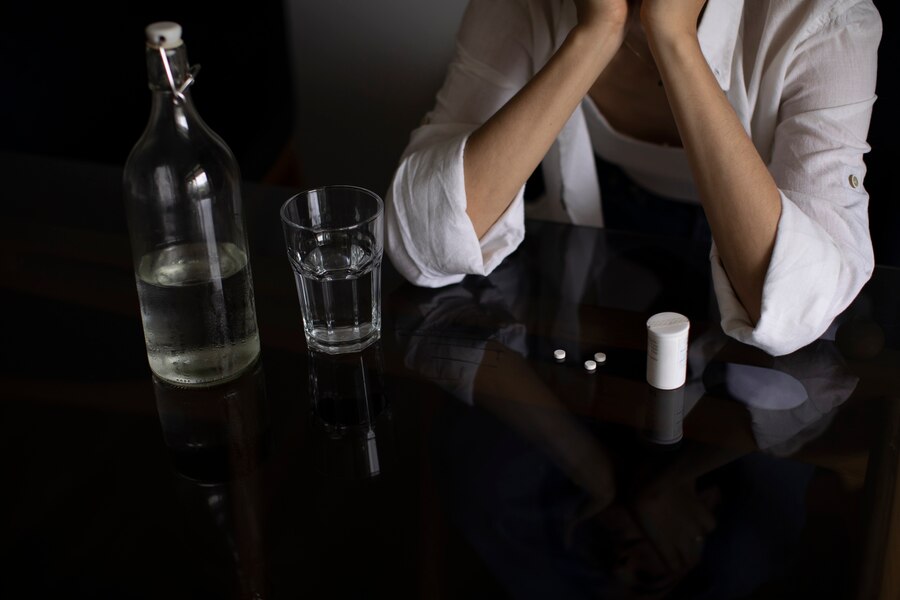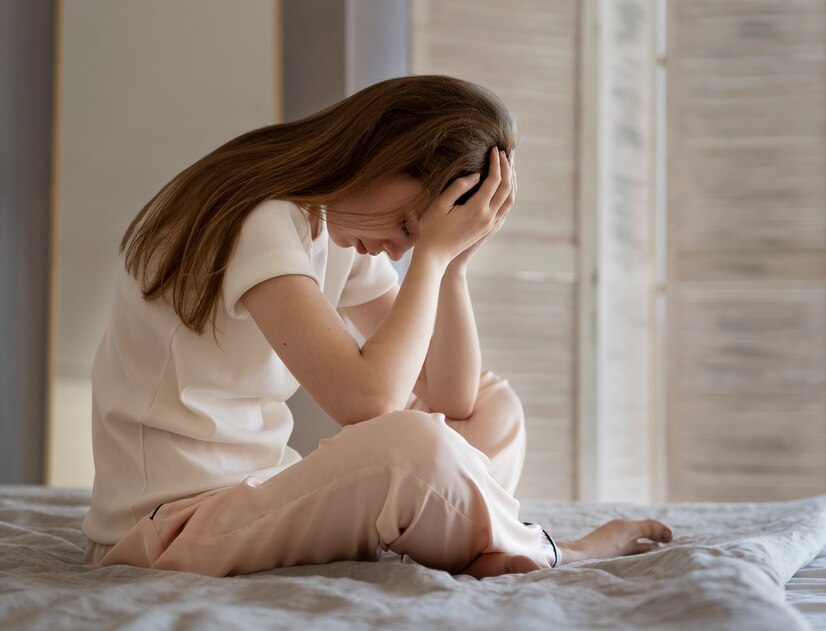Substance Abuse Treatment in Washington, D.C.
Substance abuse is a pervasive issue affecting individuals and communities across the nation, and Washington, D.C., is no exception. The District of Columbia has made significant strides in addressing the epidemic, offering a range of treatment options and support services. This comprehensive guide explores the landscape of substance abuse treatment in Washington, D.C., providing essential information for those seeking help or supporting loved ones in recovery.
Substance Abuse Washington DC Helpline: 888-325-2454
Understanding Substance Abuse in Washington, D.C.
Substance abuse is a complex issue with far-reaching consequences. In Washington, D.C., as in many urban areas, the prevalence of substance abuse can be influenced by various factors, including socioeconomic disparities, access to care, and the overall environment. find out more about the top drug rehab Washington DC centers by contacting our helpline now.
While data on substance abuse trends can fluctuate, it’s essential to recognize the problem’s impact on individuals, families, and communities. By understanding the scope of the issue, we can better appreciate the importance of accessible and effective treatment options.
The Spectrum of Substance Abuse Treatment in Washington, D.C.
Washington, D.C., offers a variety of treatment options to cater to different needs and preferences. These include:
- Detoxification: The initial phase of treatment, focusing on safely managing withdrawal symptoms. Detox is an important role in recovery, and depending on the substance it can be life saving.
- Inpatient rehabilitation: Intensive residential treatment providing 24/7 care and support.
- Outpatient rehabilitation: Flexible treatment allowing individuals to maintain daily responsibilities while receiving therapy and support.
- Medication-assisted treatment (MAT): Combines medication with therapy to manage addiction symptoms and reduce cravings.
- Partial hospitalization programs (PHPs): Intensive outpatient treatment providing a structured daily schedule of therapy and support.
- Intensive outpatient programs (IOPs): Less intensive than PHPs, offering flexibility for individuals with work or school commitments.
Finding the Right Treatment Program in Washington, D.C.
Choosing the appropriate treatment program is crucial for successful recovery. Consider the following factors when making a decision:
- Type of substance: Different substances may require specialized treatment approaches.
- Severity of addiction: The level of care needed will depend on the severity of the addiction.
- Individual needs and preferences: Personal goals and circumstances should be considered when selecting a program.
- Insurance coverage: Understanding insurance benefits can help narrow down options.
- Cost: Treatment cost is a significant factor for many individuals. Explore financial assistance options if needed.
The Role of Support Systems in Recovery
Strong support systems are essential for long-term recovery. Family, friends, and support groups can play a vital role in providing encouragement, accountability, and companionship. Washington, D.C., offers various support groups, including Alcoholics Anonymous (AA), Narcotics Anonymous (NA), and Al-Anon (for family and friends of those affected by addiction).
Common Challenges in Addiction Recovery
Individuals in recovery may face numerous challenges, including:
- Relapse: The risk of relapse is high, and it’s essential to develop strategies for coping with triggers and cravings.
- Stigma: Overcoming societal stigma can be a significant hurdle for many individuals in recovery.
- Mental health conditions: Substance abuse often co-occurs with mental health disorders, requiring integrated treatment.
- Financial challenges: Treatment and ongoing recovery can be costly, impacting financial stability.
The Importance of Aftercare
Aftercare planning is crucial for maintaining long-term sobriety. It involves developing a support network, identifying potential triggers, and learning relapse prevention strategies. Continued therapy, support groups, and healthy lifestyle changes are essential components of a successful recovery journey.
VA Employee Benefits for Substance Abuse Treatment and Dependent Coverage
Substance Abuse Treatment Benefits for VA Employees
The Department of Veterans Affairs (VA) recognizes the challenges service members and veterans face, including substance abuse. As a result, the VA offers comprehensive benefits to its employees to address these issues.
VA Health Care Coverage:
- Substance Use Disorder (SUD) Treatment: VA health care covers a wide range of services for substance abuse, including detoxification, rehabilitation, and ongoing support.
- Mental Health Integration: Many SUD treatment programs within the VA system also address co-occurring mental health conditions, such as depression, anxiety, or PTSD.
- Medication-Assisted Treatment (MAT): The VA provides MAT options, combining medication with therapy to manage addiction symptoms.
Access to Care:
- VA Medical Centers: Employees can access SUD treatment services at their local VA medical centers, which offer a variety of programs and levels of care.
- Vet Centers: Community-based counseling centers provide confidential and accessible mental health and SUD services for veterans and their families.
- VA Community Care Network: In some cases, VA employees may be eligible for care through the VA Community Care Network, allowing for treatment at non-VA facilities.
Important Considerations:
- Eligibility: To qualify for VA health care benefits, employees must meet specific service requirements and enrollment criteria.
- Enrollment: Ensure you are enrolled in the appropriate VA health care plan to access SUD treatment services.
- Confidentiality: The VA maintains strict confidentiality policies to protect the privacy of employees seeking treatment for substance abuse.
Dependent Coverage for Substance Abuse Treatment
The VA also offers health care coverage for eligible dependents of VA employees. This coverage can include substance abuse treatment services.
Eligibility:
- Spouses: Spouses of VA employees may be eligible for dependent coverage, depending on the specific health plan.
- Children: Unmarried dependent children under a certain age may also be covered.
Coverage:
- Similar Benefits: Dependent coverage often includes similar substance abuse treatment options as those available to VA employees, such as access to VA medical centers, Vet Centers, and potentially the VA Community Care Network.
- Specific Plan Details: It’s essential to review the specific terms and conditions of the VA health care plan to understand the extent of coverage for dependents.
Accessing Care:
- Enrollment: Ensure that dependents are enrolled in the appropriate VA health care plan to access benefits.
- Provider Network: Check if the desired treatment provider is within the VA’s network to avoid out-of-pocket costs.
- Authorizations: Some treatment programs may require prior authorization from the VA health care plan.
Additional Resources:
- VA Substance Abuse Treatment: https://www.va.gov/health-care/health-needs-conditions/substance-use-problems/
- VA Benefits: https://www.va.gov/
By understanding the VA’s substance abuse treatment benefits, both employees and their eligible dependents can access the care they need to recover from addiction.
Top Questions and Answers About Substance Abuse Treatment in Washington, D.C.
-
What are the signs of substance abuse?
- Changes in behavior, appearance, or mood
- Neglect of responsibilities
- Financial difficulties
- Legal problems
- Isolation from friends and family
-
How can I help someone struggling with addiction?
- Express your concerns openly and honestly
- Encourage seeking professional help
- Avoid enabling behavior
- Educate yourself about addiction and treatment options
-
What is the best treatment for substance abuse?
- The best treatment depends on individual circumstances, including the type of substance, severity of addiction, and personal preferences. A combination of therapies and support services is often most effective.
-
Is there free or low-cost addiction treatment in Washington, D.C.?
- Yes, there are various options, including government-funded programs, sliding-fee scales, and financial assistance programs.
-
How can I find a reputable addiction treatment center in Washington, D.C.?
- Research treatment centers, read reviews, and consider recommendations from healthcare providers or support groups.
-
What is the role of family in addiction recovery?
- Family support is crucial for successful recovery. Family members can attend family therapy sessions and participate in support groups like Al-Anon.
-
Can substance abuse be prevented?
- Prevention efforts focus on education, early intervention, and building resilience in individuals and communities.
-
What is the relationship between mental health and substance abuse?
- Substance abuse often co-occurs with mental health conditions, and integrated treatment is essential for optimal outcomes.
-
How long does addiction treatment take?
- The duration of treatment varies depending on individual needs. Some programs offer short-term detox, while others provide long-term residential care.
-
Where can I find support groups in Washington, D.C.?
- Alcoholics Anonymous (AA), Narcotics Anonymous (NA), and Al-Anon offer support groups throughout the city. Additionally, many treatment centers provide support group options.















Recent Comments